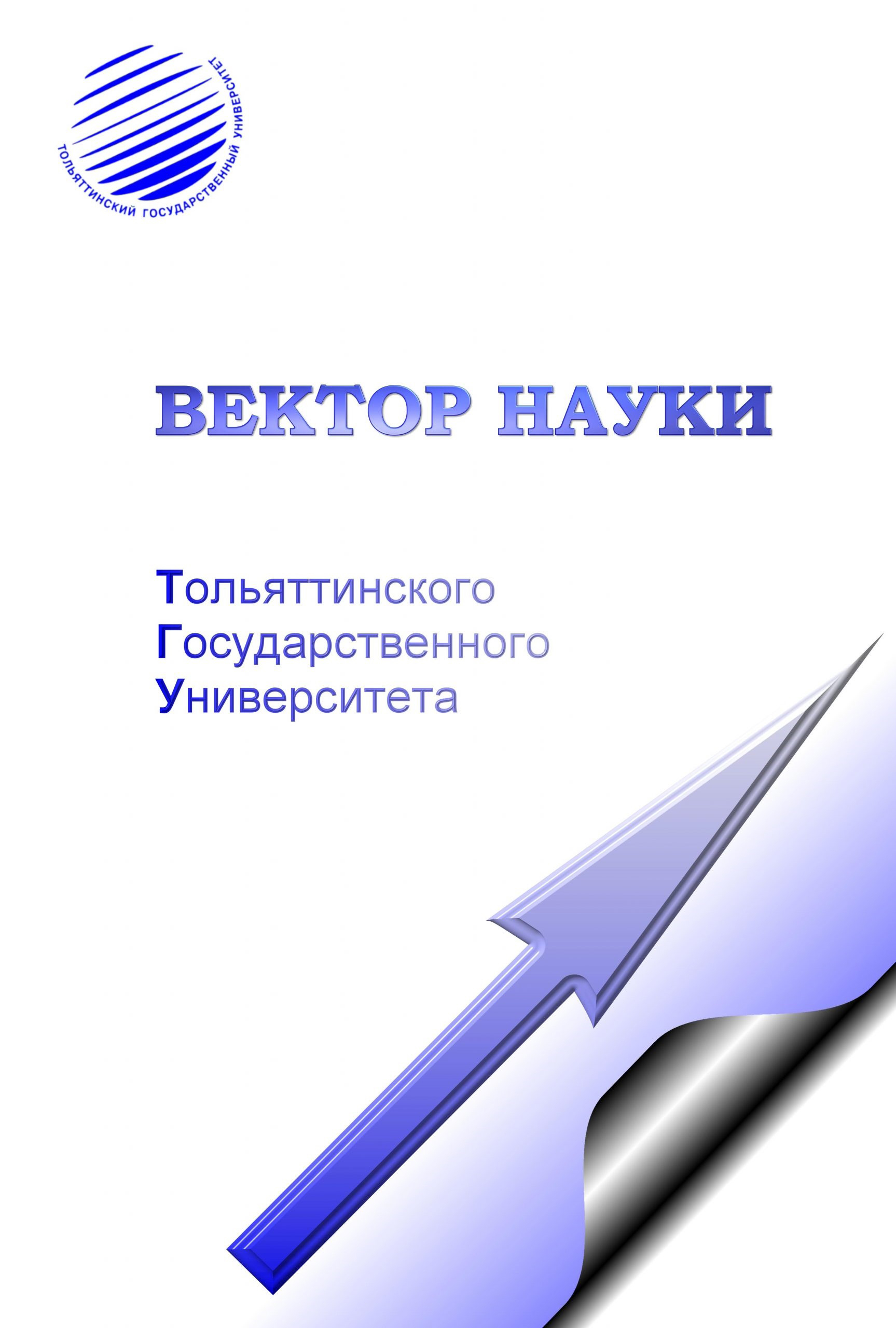№ 4 (2023)
- Год: 2023
- Дата публикации: 30.12.2023
- Статей: 4
- URL: https://vektornaukipravo.ru/jour/issue/view/41
-
Описание:
Опубликован 29.12.2023
Весь выпуск
О системе целеполагания в российском уголовном процессе
Аннотация
В статье представлено исследование проблемы определения целей уголовного процесса применительно к современному российскому уголовному судопроизводству. Обобщив представленные в уголовно-процессуальной науке концепции, взгляды, подходы к определению целей исторических типов уголовного процесса (уголовного судопроизводства), авторы применили полученные результаты к действующей модели российского уголовного процесса и провели функциональный анализ процессуальной деятельности отдельно в досудебном и судебном производстве, ориентируясь на полномочия должностных лиц, осуществляющих производство по уголовному делу. При поиске и формулировании целей для каждой части судопроизводства авторы исходили из характеристики цели как гипотетической формы окончания процесса, продиктованной полномочиями руководителя процесса и связью уголовного процесса с уголовным правом. Показано, что попытки формулировать единую цель уголовного процесса, организованного по смешанному типу, изначально обречены на неудачу ввиду принципиальных различий досудебного и судебного производства. Предложено в российском уголовном процессе (уголовном судопроизводстве) выделять не одну, а несколько целей, обусловленных особенностями отдельных этапов процессуальной деятельности: цели, стоящие перед следователем (дознавателем) в ходе предварительного расследования; цели, стоящие перед прокурором в ходе уголовного преследования; цели правосудия, обеспечиваемые судом. В основу предлагаемой системы целеполагания российского уголовного процесса положен объективный критерий – функциональные различия процессуальных статусов должностных лиц, осуществляющих производство по уголовному делу.
 5-12
5-12


Понятие приобретательной давности как субинститута гражданского права
Аннотация
Статья посвящена рассмотрению понятия приобретательной давности в качестве субинститута института права собственности гражданского права. Порядок реализации субинститута приведен в ст. 234 ГК РФ. На основе анализа проблем правоприменительной практики относительно ст. 234 ГК РФ по требованиям о признании права собственности в силу приобретательной давности, а также с учетом разъяснений Верховного и Конституционного судов РФ предложено сформировать единое определение рассматриваемого субинститута. После принятия КС РФ «поворотного» постановления от 26.11.2020 № 48-П по вопросам приобретательной давности, имеющего общеобязательный характер и отвечающего на множество проблемных вопросов в правоприменительной практике ст. 234 ГК РФ, количество судебных дел, как и положительных судебных актов в пользу истцов, существенно выросло. Это свидетельствует о повышенном интересе к субинституту и его применению. Однако на уровне практики и юридической науки понятие приобретательной давности к единой формулировке не приведено, в связи с чем предложено новое определение субинститута: «Приобретательная давность – субинститут гражданского права, состоящий из норм права, регулирующих особенности приобретения права собственности на имущество лицом, которое, не являясь его титульным собственником и не имея иных оснований для этого, завладело им правомерными действиями и в течение установленного срока добросовестно, открыто и непрерывно им пользовалось».
 13-18
13-18


Между следствием и судом: действия и решения прокурора по окончании расследования как завершающий этап досудебного производства
Аннотация
В статье исследуются сущность и значение уголовно-процессуальной деятельности прокурора по окончании предварительного расследования как особого этапа досудебного производства по уголовному делу, отличающегося от предварительного расследования своим субъектным составом, реализуемыми задачами, специфическими формами деятельности и правоотношениями, итоговыми процессуальными решениями. Анализируется процесс трансформации обвинительного заключения (обвинительного акта, обвинительного постановления) из документа, завершающего предварительное расследование и подводящего его итоги, в документ, устанавливающий границы, т. е. предмет и пределы предстоящего судебного разбирательства. Рассматривается уголовно-процессуальное значение акта утверждения прокурором обвинительного заключения (акта, постановления). В результате исследования формулируются и обосновываются выводы об окончании досудебного производства как самостоятельной, третьей в досудебном производстве, стадии уголовного процесса, имеющей собственные границы (начало и окончание), специфические цели и задачи, ответственного субъекта деятельности и особое итоговое процессуальное решение многоаспектного значения. Утверждение прокурором обвинительного заключения (акта, постановления) означает: а) согласие прокурора с результатами предварительного расследования; б) окончание досудебного производства; в) переход уголовного дела в следующую – судебную стадию уголовного процесса; г) переход обязанности доказывания от субъекта (органа) предварительного расследования к возглавляющему обвинительную власть прокурору; д) возникновение государственного обвинения как уголовно-правовой претензии государства к обвиняемому. Содержащиеся в статье предложения определяют перспективы дальнейшего совершенствования уголовно-процессуального закона и повышения эффективности уголовно-процессуальной деятельности путем более четкого разграничения ответственности за достигнутые результаты между органами предварительного расследования и прокурором.
 19-26
19-26


Уголовная ответственность за преступления, совершаемые с особой жестокостью и путем жестокого обращения: вопросы квалификации
Аннотация
Обращение к вопросам квалификации преступлений, совершаемых с особой жестокостью и путем жестокого обращения, обусловлено, во-первых, изменениями, которые были внесены в уголовно-правовую норму об истязаниях в 2022 г. – введением квалифицирующего признака «особая жестокость» и исключением примечания с понятием «пытка». Во-вторых, тенденцией уголовной политики, которая наблюдается в 2022–2023 гг. – усилением и расширением ответственности за преступления, связанные с ведением специальной военной операции. Статья посвящена анализу признаков особой жестокости и жестокого обращения, содержащихся в ряде статей Уголовного кодекса РФ (далее – УК РФ). Основной акцент сделан на определении сущности особой жестокости как новеллы ст. 117 УК РФ и жестокого обращения в конструкции ч. 1 ст. 356 УК РФ. В результате изучения научных публикаций, руководящих разъяснений постановлений Пленума ВС РФ и материалов судебной практики делается вывод о том, что «особая жестокость» и «пытки» – неравнозначные понятия, они соотносятся как целое и часть. В свою очередь, не тождественны термины «жестокое обращение» и «особая жестокость». В одних составах преступлений (ч. 1 ст. 356 УК РФ) первый охватывает второй, а в других (ст. 245 УК РФ) особая жестокость выделена из содержания жестокого обращения. Для уточнения понятия особой жестокости предлагается внести изменения в существующее постановление Пленума ВС РФ от 04.12.2014 № 16 и принять новое постановление. Обосновывается необходимость ужесточения ответственности за совершение преступления, предусмотренного ч. 1 ст. 356 УК РФ.
 27-33
27-33








